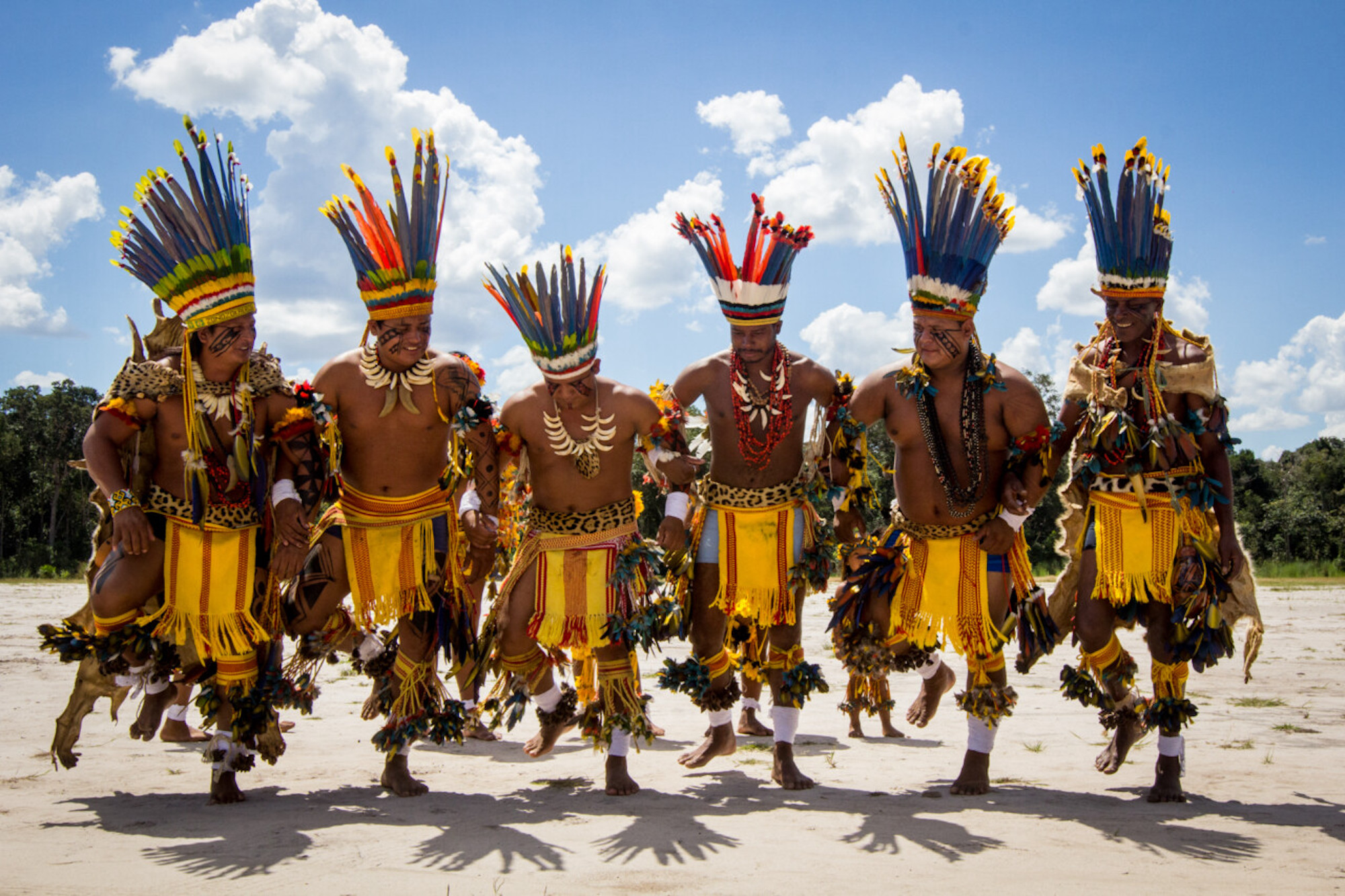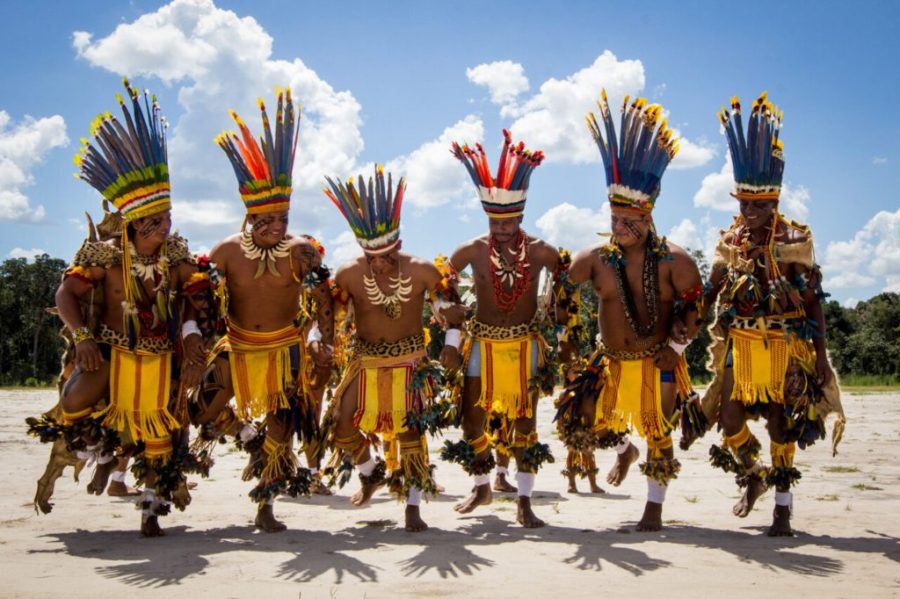Brazil’s indigenous people has seemingly almost doubled since 2010, according to its 2022 census results – announced by the country’s national statistics agency on Monday. The new figure stood at 1.69 million, while 2010s came in at 896,917, reports Reuters.
Government officials and experts say the increase reflects a more complete count, rather than an actual boom in the population. Changes in methodology, people’s increased willingness to identify as indigenous, and the inclusion of indigenous people living in urban areas all contributed to the new figure.
[See more: Deforestation in the Brazilian Amazon hits six-year low]
Just over half of Brazil’s indigenous population (51.2 percent) live in the Amazon. Census teams, accompanied by police and travelling by helicopter, were able to cover many remote rainforest villages for the first time last year.
Previously these places had been considered inaccessible or too dangerous to reach due to the presence of illegal miners and loggers. Recent crackdowns on these activities made the trip safer for census workers – and led many indigenous people to feel safer identifying themselves.
Experts say the increased visibility of Brazil’s indigenous movement – which brings positive connotations to being indigenous – has also encouraged people to identify themselves as such.
Brazil’s Minister of Indigenous Peoples Sonia Guajajara has said that, in the past, indigenous people had felt the need to “hide their identity for fear of being killed.”
For indigenous people living in urban areas, the 2022 census was in fact their first opportunity to do so. The census found the highest urban concentration of indigenous people in Manaus, the capital of Amazonas State in the country’s north.
With a more complete count comes more resources, according to Brazil’s Planning Minister Simone Tebet. Funding will mainly go toward health and basic sanitation services, but also into education and other policies targeted at helping indigenous communities.






